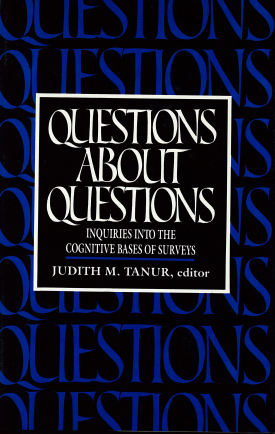Women, Politics, and Change, a compendium of twenty-three original essays by social historians, political scientists, sociologists, psychologists, and anthropologists, examines the political history of American women over the past one hundred years. Taking a broad view of politics, the contributors address voluntarism and collective action, women's entry into party politics through suffrage and temperance groups, the role of nonpartisan organizations and pressure politics, and the politicization of gender. Each chapter provides a telling example of how American women have behaved politically throughout the twentieth century, both in the two great waves of feminist activism and in less highly mobilized periods.
"The essays are unusually well integrated, not only through the introductory material but through a similarity of form and extensive cross-references among them....in raising central questions about the forms, bases, and issues of women's politics, as well as change and continuity over time, Tilly, Gurin, and the individual scholars included in this collection have provided us with a survey of the latest research and an agenda for the future." —Contemporary Sociology
"This book is a necessary addition to the scholar's bookshelf, and the student's curriculum." —Cynthia Fuchs Epstein, professor of sociology, City University of New York Graduate Center
LOUISE A. TILLY is professor of history and sociology at the New School for Social Research and chair of its Committee on Historical Studies. She is president of the American Historical Association.
PATRICIA GURIN is professor of psychology and women's studies and a faculty associate of the Institute for Social Research at the University of Michigan.
CONTRIBUTORS: Kristi Anderson, Alida Brill, Nancy F. Cott, Elizabeth Faue, M. Patricia Fernandez-Kelly, Jo Freeman, Anna M. Garcia, Patricia Gurin, Nancy A. Hewitt, Evelyn Brooks Higginbotham, Leonie Huddy, Herbert Jacob, Jacqueline Jones, M. Kent Jennings, Rebecca Klatch, David Knoke, Suzanne Lebsock, William Lehrman, Jane Mansbridge, Ruth Milkman, Barbara J. Nelson, David O. Sears, Kay Lehman Schlozmon, Louise A. Tilly, Sidney Verba, Susan Ware, Robert Wuthnow.










